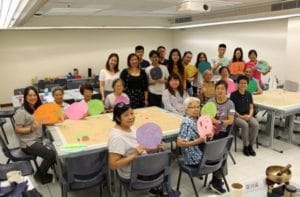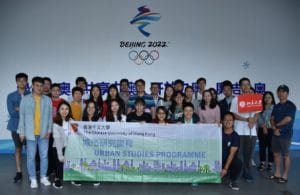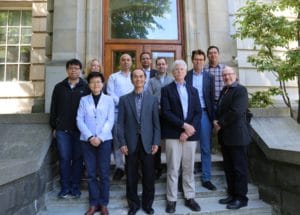Sylvia Ying He is an associate professor at the Department of Geography and Resource Management, The Chinese University of Hong Kong (CUHK). She is Associate Editor of Travel Behaviour and Society (Elsevier), Associate Editor of Asian Transport Studies (Elsevier), and Guest Editor of Town Planning Review (Liverpool University Press). She is a Board Member and Honorary Secretary of the Hong Kong Society for Transportation Studies (HKSTS) and a member of the International Scientific Committee of the Eastern Asia Society for Transportation Studies (EASTS). Her research interests include urban and regional studies, travel behaviour, transport planning and policy, transport geography, and spatial analysis. Her publications have appeared in leading transportation and urban studies/planning journals such as Urban Studies, Journal of the American Planning Association, Town Planning Review, Cities, Transportation Research Part A, Part C, Part D, Part F, Transportation, Transport Policy, and Journal of Transport Geography. She holds a PhD from the School of Public Policy at the University of Southern California, where she was awarded the John Dyckman Award for Best Dissertation in Planning.
In 2017, Sylvia received an RSA Early Career Grant for her project “China’s resource-based cities in the shrinking paradigm: population change, economic revitalisation, and urban liveability”.
In her spare time, Sylvia enjoys exploring interesting cafés and bookstores in Hong Kong and around the world. She is a PADI certified rescue diver.
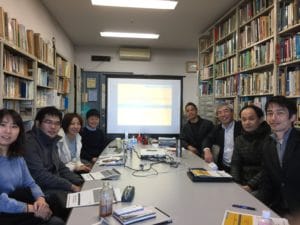
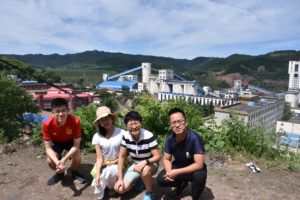
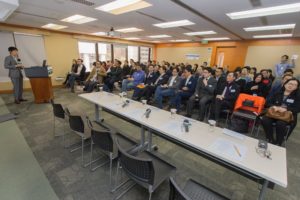
Words of wisdom
For early and mid-career researchers, my advice is to join a few professional organizations and networks in your field, and actively get involved in these communities. It will help you to be recognized by both academics and practitioners. After I started my academic career, I got my chartered memberships with CILT and RICS and I often participate in the events organized by their Hong Kong branch, which has connected me to a much wider network of professionals and helped me understand the local context.
To conduct research is important, but it is also vital to make your research known. It can be achieved by conference presentations, seminars, and international visits. Sign up for Google Scholar, ResearchGate or other similar platforms to make your research more “accessible”. Use social media tools such as LinkedIn to bring your profile and research activities to a much broader audience. In addition, do some interviews with media (selectively) to share your views on contemporary topics related to your research. Since I conduct research that often has policy implications, I accept interview invitations from reputed media to share my opinions on different urban issues and I have been interviewed with various media such as Reuters, Los Angeles Times, Straits Times, RTHK, and SCMP.
As we are in academia, we shall team up to improve our work environment. Find a cause that you would like to work for over the long run. I joined the RSA Women’s Network because I had learnt that members of this network and I share a similar goal – to promote gender equality and diversity in academia. This kind of common interests would make you feel supported and encouraged.
Teaching and research can be exhausting sometimes. Work-life balance is important. Make time for your own development, may it be acquiring new skills or developing new hobbies, or simply make time for your own relaxation. Hong Kong is a highly dense city and it is quite demanding to work in the academic field. Fortunately, the city has offered its residents many options for water sports, which I enjoy very much in the summer.
